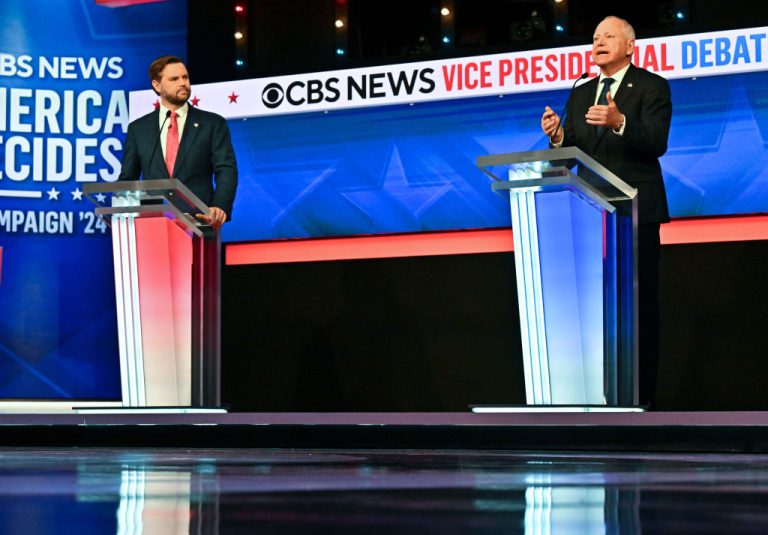On June 3, President Joe Biden signed an executive order restricting the flow of American capital into 59 Chinese companies linked to military and surveillance activities. The order is a modified version of a policy adopted during the Trump administration.
“This E.O. prevents U.S. investment from supporting the Chinese defense sector, while also expanding the U.S. Government’s ability to address the threat of Chinese surveillance technology firms that contribute — both inside and outside China — to the surveillance of religious or ethnic minorities or otherwise facilitate repression and serious human rights abuses,” the executive order states.
Blacklisted companies include Huawei Technologies, Fujian Torch Electron Technology, Aero Engine Corp. of China, Hikvision, China Telecom, China Mobile, and Aviation Industry Corp. of China. The ban takes effect on Aug. 2.
Previously, Trump’s executive order from November 2020 enacted prohibitions that took effect on Jan. 11, 2021. Americans were banned from investing in Chinese firms linked to the People’s Liberation Army (PLA), and had until November 2021 to divest their holdings of securities of blacklisted firms.
Military-linked subsidiaries left out of ban
There are two major differences between Trump’s and Biden’s executive orders:
- Trump tasked the Pentagon with selecting the list of Chinese firms to be blacklisted. Under Biden, this responsibility now belongs to the Treasury Department. Specifically, the Treasury secretary will select the companies after consulting with the Secretary of State, and the Defense secretary will only be consulted if required.
- Trump’s prohibitions broadly applied to all subsidiaries that were “determined to be controlled” or were “50 percent or more owned” by the sanctioned Chinese companies. In contrast, Biden excludes subsidiaries from the ban except when they are listed by the U.S. Department of the Treasury’s Office of Foreign Assets Control (OFAC). In addition, the prohibitions will not apply to Chinese companies whose names closely match the blacklisted firms.
Success
You are now signed up for our newsletter
Success
Check your email to complete sign up
In a statement, Chris Lacovella, CEO of American Securities Association (ASA), supported Biden’s order for “continuing the previous administration’s crackdown on Communist China’s infiltration” of America’s capital markets.
“For far too long, the CCP has taken advantage of regulatory loopholes to fund its military rise, a cyber army that attacks us, ‘re-education camps’ used to perpetrate crimes against humanity on its own citizens, the use of slave labor in violation of international law, and its new position as the world’s leading polluter,” stated Lacovella.
Biden’s order was announced after two blacklisted Chinese companies successfully challenged Trump’s ban in U.S. courts. In March, a judge in Washington blocked the Department of Defense from banning American investments into Chinese company Xiaomi Corp. In May, Lukong Technology won a similar case. Following the court decisions, both companies were relisted on U.S. stock exchanges.
The Biden administration has justified the changes, saying that the crackdown against PLA-linked Chinese military companies will be more effective, reports National Review. However, Republican Senator Marco Rubio and other critics are not convinced. In a statement, Rubio said that Wall Street is “helping the Chinese Communist Party” to weaken and eventually replace U.S. leadership.
“While the administration updated the Trump-era policy in important ways, I am very concerned that President Biden’s Treasury Department is too closely aligned with Wall Street to take the actions necessary to prevent American savings from being used to fund the Chinese Communist Party,” he said.
The Coalition for a Prosperous America (CPA), a nonprofit organization representing 4.1 million households, echoed Rubio’s concerns. CEO Michael Stumo said in a statement that the “historically close relationship” between the Treasury Department and Wall Street needs to be seriously scrutinized. “It remains to be seen whether [the] Treasury will take decisive action to add to this list in the future.”







